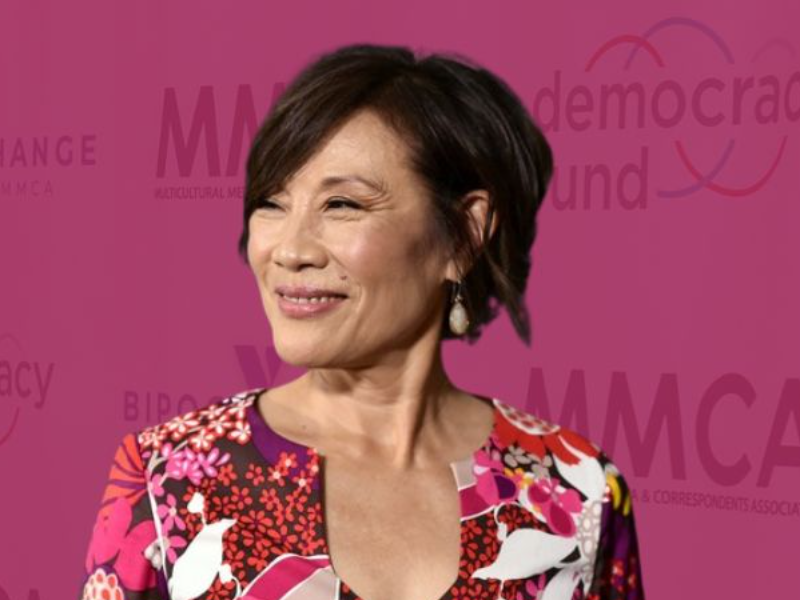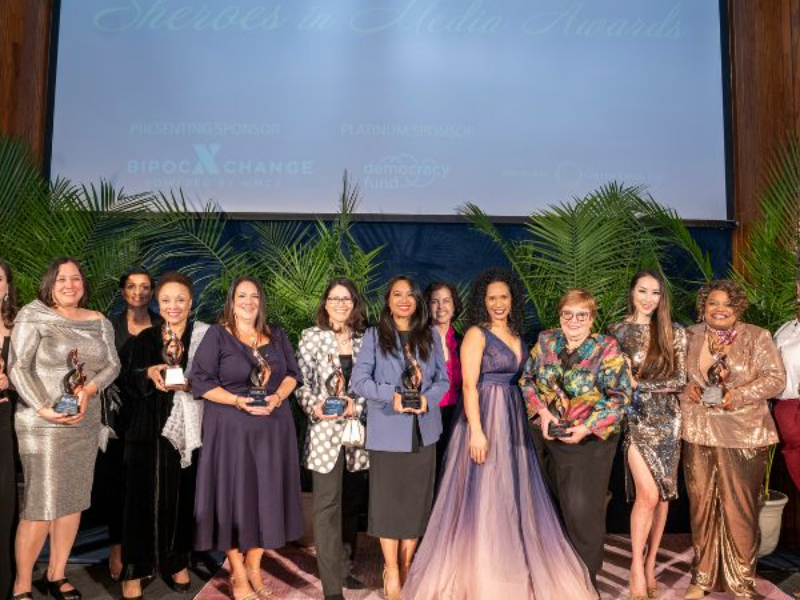Seizing the Untapped Potential: Advancing Black Talent in Tech
By Nate Dillard, Elevate Dayton
The Big Picture: A lack of diversity continues to plague the tech industry, particularly for Black professionals. Despite STEM-focused initiatives, just 7% of STEM bachelor's degrees were earned by Black students in 2018, and the COVID-19 pandemic could exacerbate this. At present, only 20% of Fortune 100 companies have a K-12 STEM partnership for students in underserved communities, according to a recent McKinsey Report.
What's Next: The key lies in targeting interventions that bolster diversity in tech. These range from broadening opportunities for alternatively skilled talent, developing stronger corporate partnerships with HBCUs, creating localized programs to inspire Black students, replacing mentorship with sponsorship, and focusing on nurturing Black leaders in tech.
What We're Watching: Businesses and organizations stepping up efforts to invest in these areas and adjust their hiring practices. Some companies, like Nasdaq and Oracle, are already partnering with platforms offering free training to underserved communities.
What We're Hearing: While mentorship programs are helpful, the crux is sponsorship - having senior leaders create opportunities and help talent navigate work transitions. Black tech professionals need development strategies with specific, measurable goals.
Between the Lines: Even with leadership and executive training programs, promotions for Black tech talent remain elusive due to gaps in relevant skills and organizational changes that fail to support their growth.
The Backstory: Despite decades of progress, systemic barriers and biases continue to hinder Black representation in tech. Making changes in the industry will require concerted efforts from all stakeholders.
Catch Up Quickly: Addressing the lack of Black representation in the tech industry requires targeted interventions at every level, from early education to the professional sphere.
Zoom In: Look at MITRE, an organization offering its employees paid hours to engage in K–12 schools in Black and Hispanic communities, exposing students and their parents to STEM opportunities.
Zoom Out: IBM is building partnerships with 13 HBCUs for a Quantum Center, providing access to quantum computers, educational support, and research opportunities.
The Bottom Line: In order to close the Black tech talent gap, strategic investment and commitment to long-term change are essential. This will not only provide more opportunities for Black professionals, but also contribute to a more inclusive and innovative tech industry.
Go Deeper: Further research into specific systemic barriers and effective interventions can help tailor strategies to improve Black representation in tech.
Why It Matters: Increasing Black representation in tech not only fosters equality and inclusion but also stimulates innovation and economic growth.
By the Numbers: Currently, 65% of the 17 million Black workers in the US developed their skills through alternative routes, which means most jobs requiring a bachelor’s degree are out of their reach.
The Community Angle: For BIPOC and underrepresented communities in Dayton, Ohio, these strategies could serve as a blueprint for local businesses and institutions. Fostering partnerships with local HBCUs, underwriting tech courses, and providing internships or mentoring programs can help diversify the tech scene in Dayton and present young people of color with opportunities in the STEM field.









